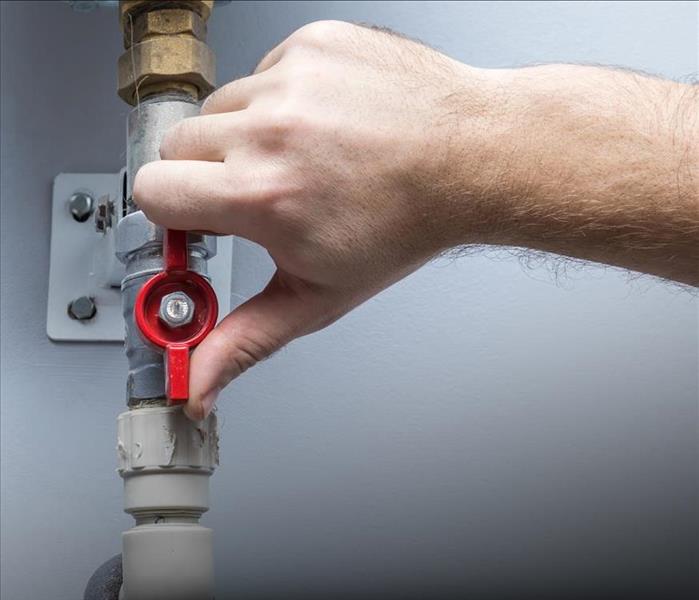What Causes Water Heater Noises?
12/20/2018 (Permalink)
Sediment is the most common cause of water heater noises. Find out more about this buildup, other components that can cause noises, and how to make a heater operate more quietly.
Sediment Buildup
Minerals precipitate out of heated water and form scale over time. Sediment usually consists of:
- Sand
- Calcite (calcium carbonate)
- Magnesium
Buildup in the bottom of a water heater may crack or pop as water heats under a layer of sediment and forces its way up through deposits. This may result in overheating and will force a heater to work harder. Use a deliming solution or perform a water heater flush.
Valve Noises
Water makes a distinctive noise when forced through partially closed valves. Heater valves may make several different noises, including:
- Screeching
- Singing
- Tapping
- Ticking
Opening valves may stop the first two noises. The last two sounds are typically caused by check valves and heat traps near the top of the heater that prevent water from flowing in the wrong direction. A dialectric nipple may put a stop to these noises.
Pipe Hammering
Pipes make knocking noises for several reasons. These may include:
- Heat
- Sudden stoppages
- Vibrations
Pipe vibrations can damage walls over time. Consider installing anti-hammer devices. If a pipe bursts, a homeowner should contact a water damage mitigation service.
Other Components
If an electric heating element works loose, this may result in a humming noise or vibrations. Check the position of the element and tighten the connection if necessary. Tankless heaters may click when the flow switch turns on or off or make other noises due to malfunctioning parts.
There are a number of ways to stop or reduce noises caused by almost any type of water heater. A homeowner can attempt to resolve the problem or contact an appliance repair professional. A leak can result in water damage at a residence in Jamestown, NY.






 24/7 Emergency Service
24/7 Emergency Service
